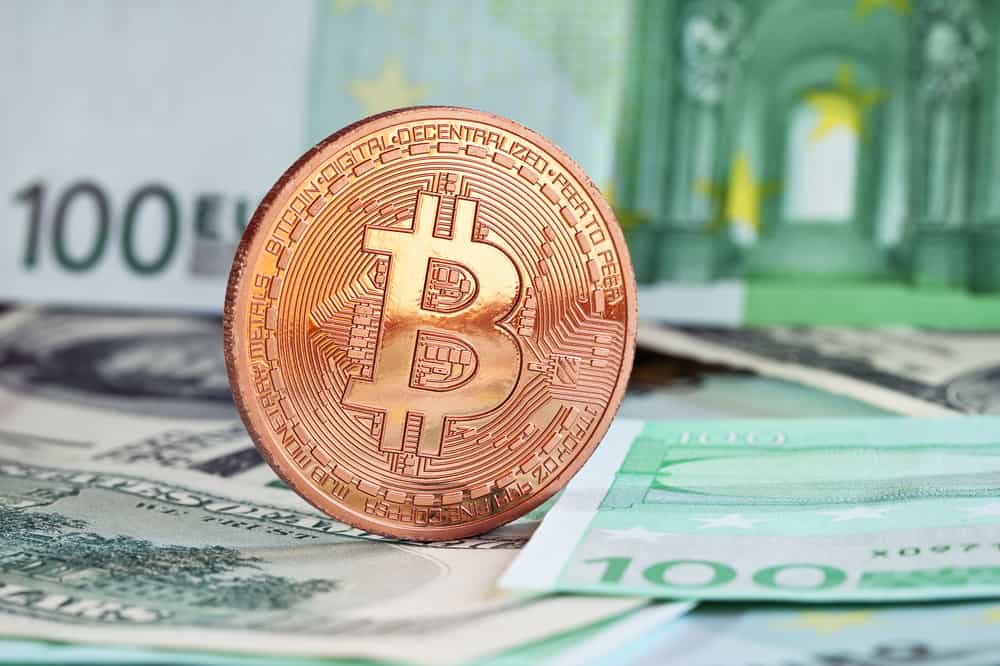Is Bitcoin Resilient to the Setback in the Economy?

Author: Jeffrey Taylor
Last Updated: 21 July 2020
Bitcoin has been with us since 2009. It was developed and launched in the aftermath of a financial crisis. Until this year, the year of the coronavirus crisis, Bitcoin had never been through one. Like everything else, Bitcoin plunged in March, then bounced back as market optimism returned, along with untold millions of dollars of stimulus money.

As a sense of pessimism sets in, cryptocurrency traders may learn how Bitcoin reacts. The hope of the global economy quickly recovering is rapidly diminishing. Figures released early last week by the ONS (Office of National Statistics) in the U.K. indicate that Britain, the world’s sixth-largest economy, is not recovering as quickly as analysts had initially thought.
May GDP in the U.K. grew by just 1.8 percent, a far cry from the rate expected by analysts, which was 5.5 percent. This lethargic pace of growth represented a mere fraction of the near minus 25 percent drop since the onset of COVID-19. The fall is the sharpest in nearly three centuries.
Two Questions for Traders
Traders are faced with answering two questions. Will Bitcoin sell-off in the event the markets take a turn down? Or, is Bitcoin likely to rally based on the expectations of
New money being injected by the government and central bank? Bitcoin has long been seen as a hedge against inflation. The unchecked printing of new money could, in theory, reduce the purchasing power of major currencies such.
Jonathon Athow, a statistician for the ONS, says the economy was a full 25 percent smaller in May than it was in February. The restrictions that were put in place kept key parts of the economy “in the doldrums,” with numerous areas seeing further declines yet. Analysts fear a second wave of coronavirus during this coming fall and winter could very well put the U.K. economy under increased stress, causing significant long-term damage.
Bitcoin Bulls Are Still Optimistic
Jason Deane, an analyst at Quantitative Economics, feels Bitcoin could continue to hold its value should there be another downturn. He expects this situation to remain, even if other assets such as stocks should tumble.
Due to its network strength, the ease of purchasing, and its proven resilience, Bitcoin is positioned to be both an excellent store of value and as a hedge against fiat.
Corona cases continue to rise. It is akin to the world already experiencing a second wave of economic disorder. Singapore is well known as a country that has been exercising strict border controls and social distancing. Even in Singapore, the GDP contracted by 41 percent in the second quarter. This, on the heels of a 33 percent decline in the prior quarter.
During April, global markets recovered, partly because investors saw an opportunity to purchase assets, including Bitcoin, at bargain-basement prices. However, as there is a distinct possibility of a prolonged economic downturn, some assets are beginning to track back. In the U.S., as the death toll approaches 140,000, California, Arizona, and Texas re-imposed lockdown measures, taking steps that including shuttering bars.
Markets are expected to react negatively as companies begin to report Q2 results. FactSet, a provider of data, estimates a drop of 45 percent in the combined earnings of S&P 500 companies. The last time this happened was during the 2008 financial crisis.
Throughout all this financial turmoil, Bitcoin has remained largely unaffected by the deterioration of the economy. The price of Bitcoin has been somewhat sluggish during late June and early July, moving within a range of $9,000 to $9,500.
Although Bitcoin prices have not skyrocketed, interest in the cryptocurrency has remained steadfast. In a recent poll conducted by Peter Schiff, close to 60 percent of the poll respondents said they would hold their Bitcoin, even if the price does not hit $10,000.
BWCEvent aspires to share balanced and credible details on cryptocurrency, finance, trading, and stocks. Yet, we refrain from giving financial suggestions, urging users to engage in personal research and meticulous verification.


